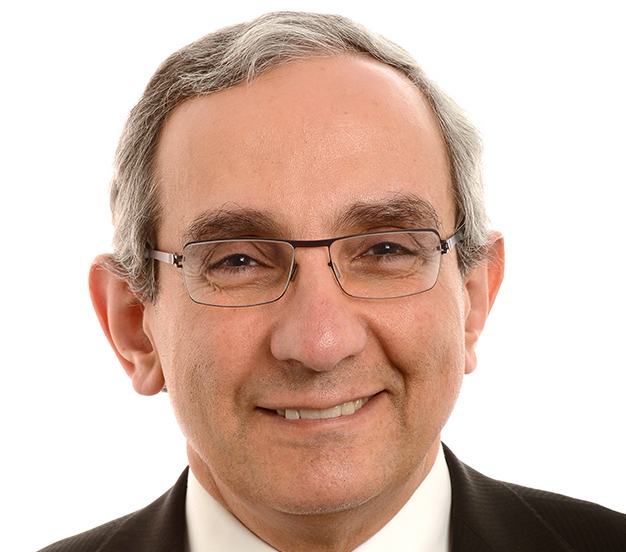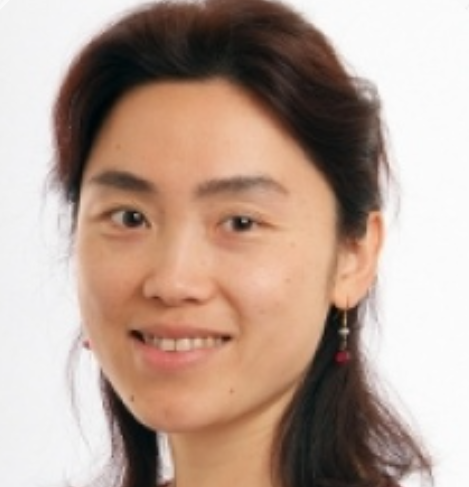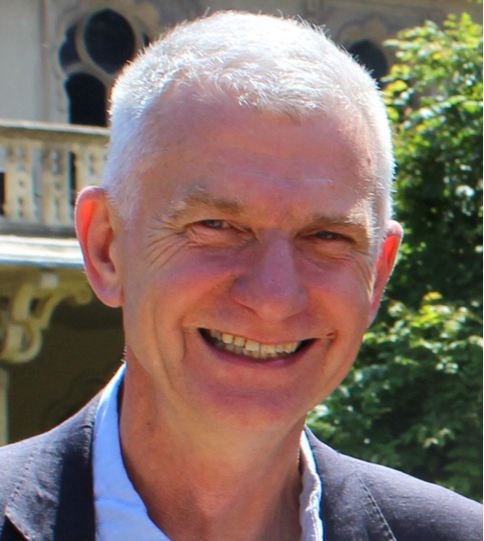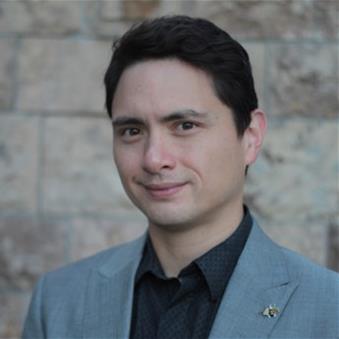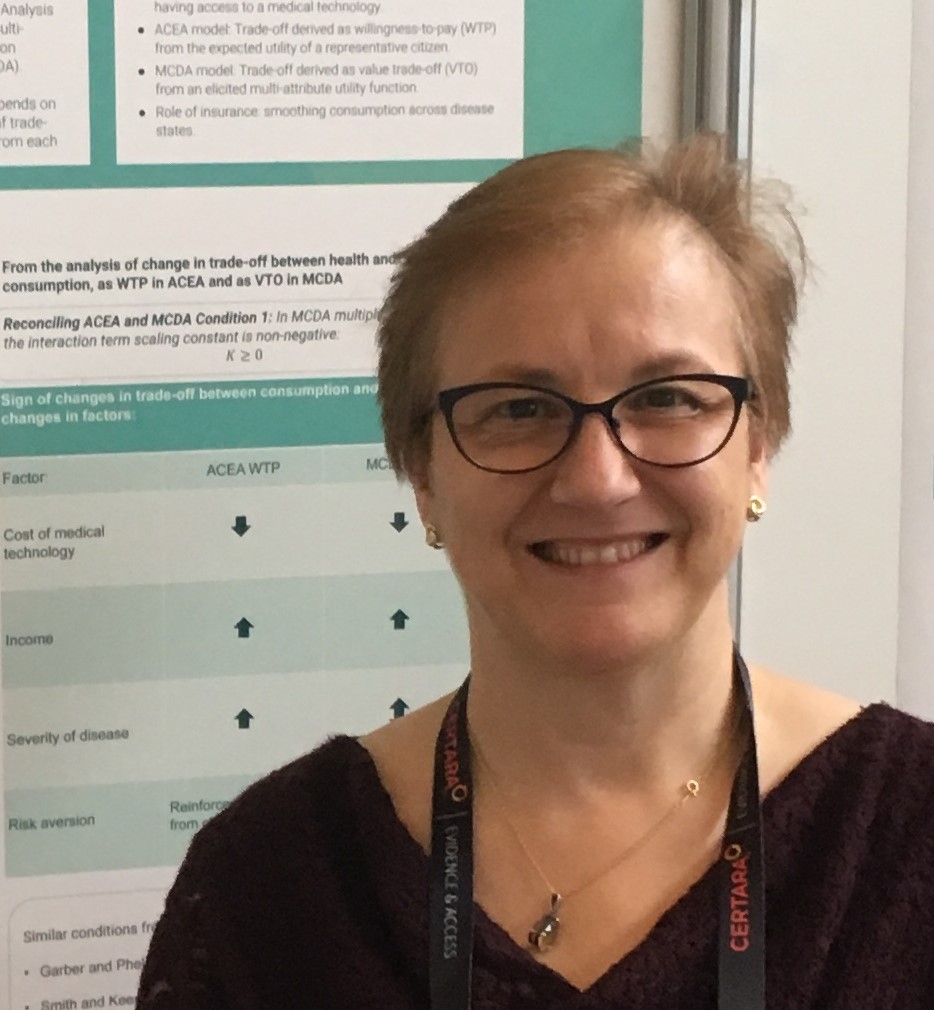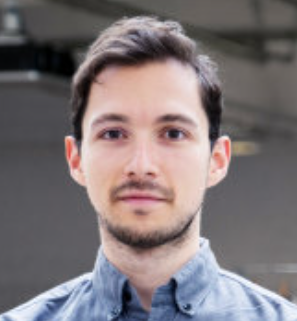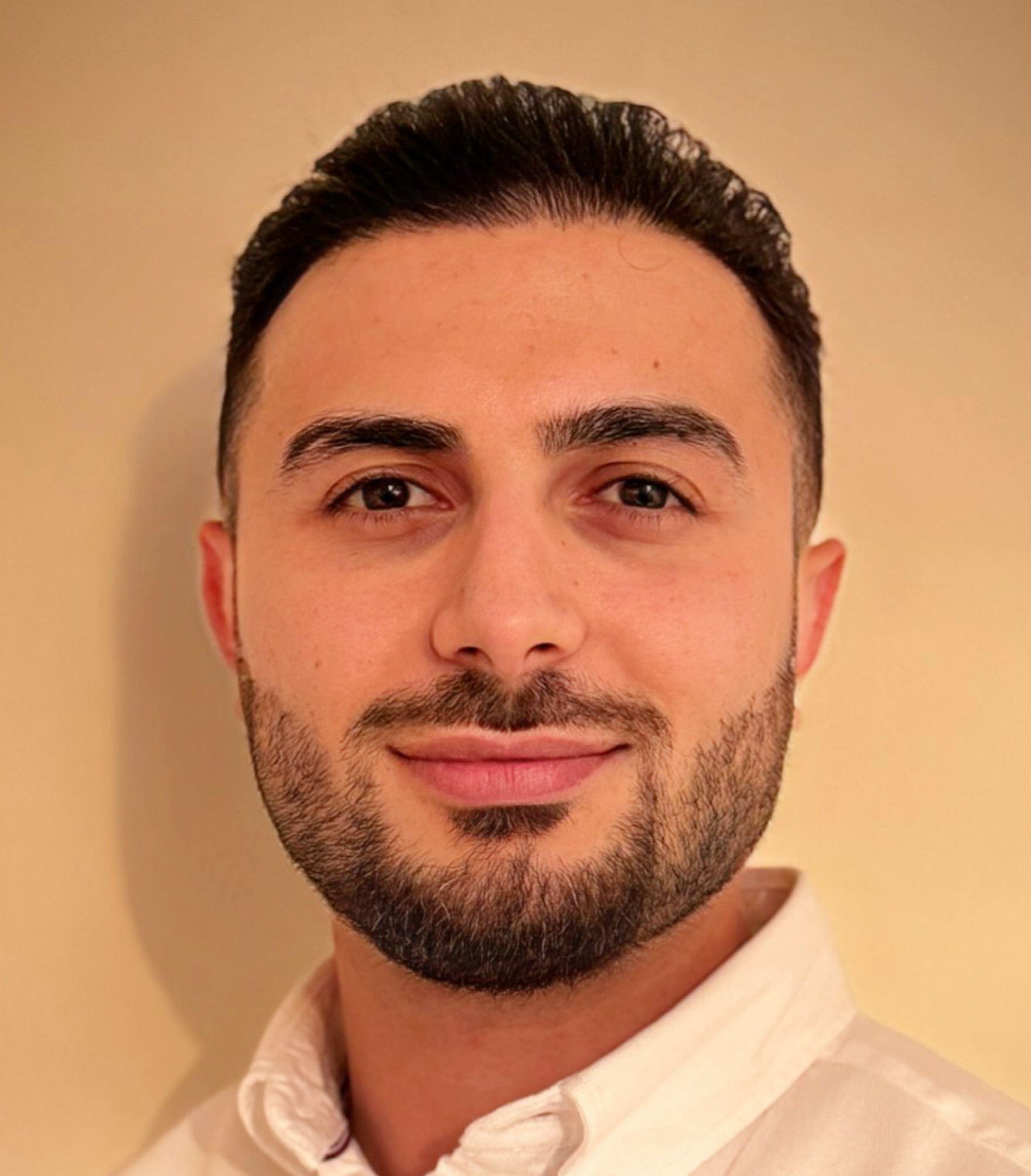Published Tools
Empowering Research with Innovative Solutions
Point-of-Care Key Evidence Tool (POCKET); a multi-dimensional checklist to guide the evaluation of point-of-care tests (POCTs) incorporating validity, utility, usability, cost-effectiveness and patient experience. The motivation for this was to improve the efficiency of evidence generation in POCTs and reduce the lead-time for the adoption of novel POCTs.
Access Our Tools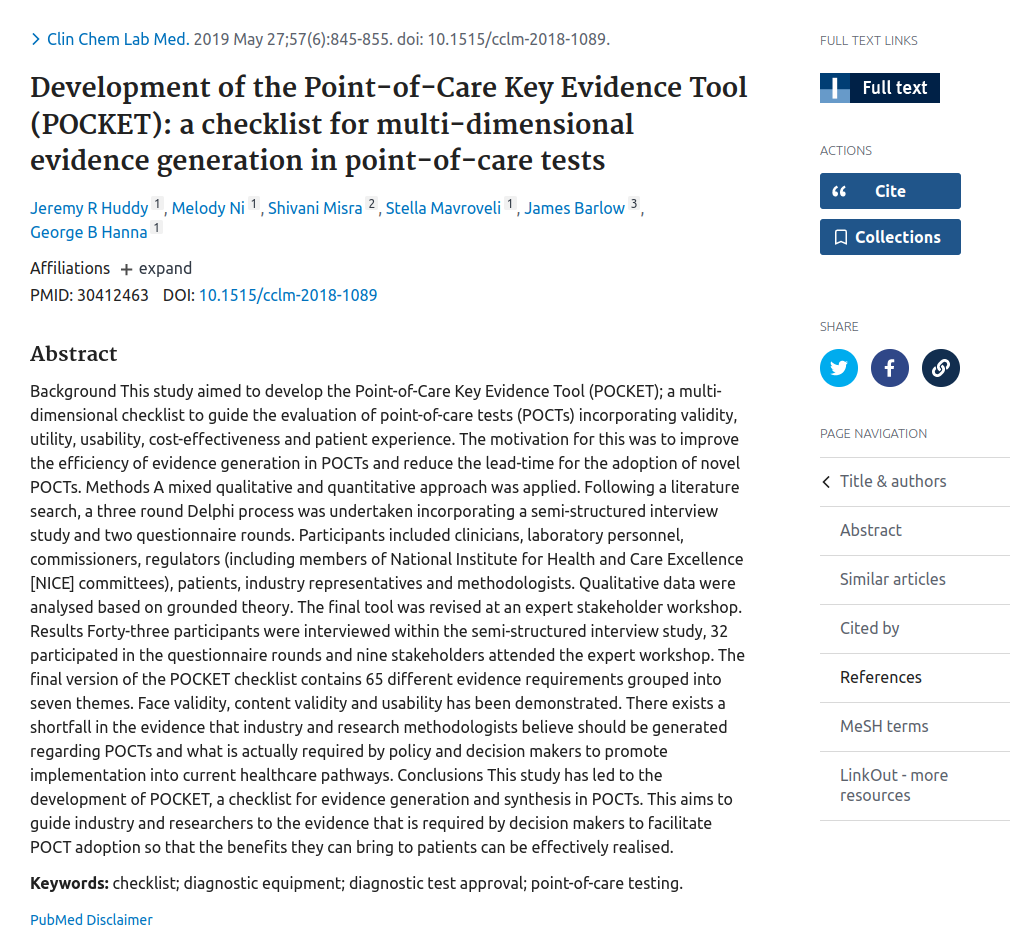
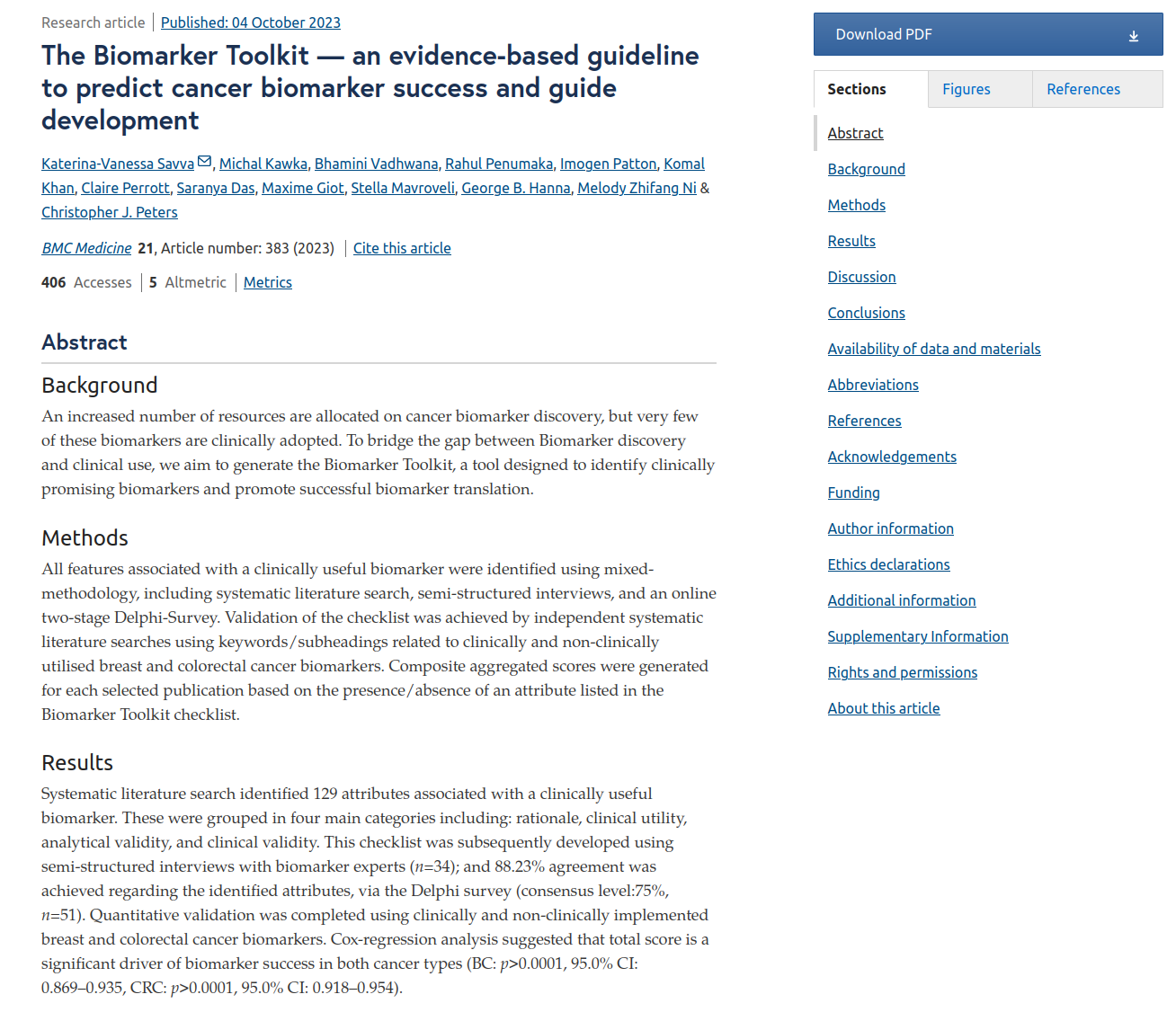
Biomarker Toolkit
An increased number of resources are allocated on biomarker discovery, but very few of these biomarkers are clinically adopted. To bridge the gap between Biomarker discovery and clinical use, we aim to generate the Biomarker Toolkit. Biomarker Toolkit will ultimately define the characteristics of successful biomarkers and will therefore begin to shape how biomarker studies are performed. We envision that the development of this novel tool will assist guidance of research trajectory from any stage of development to promote their clinical utilisation.
Access Our Tools